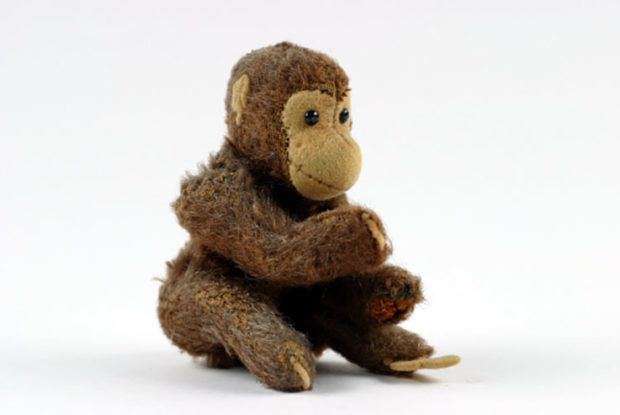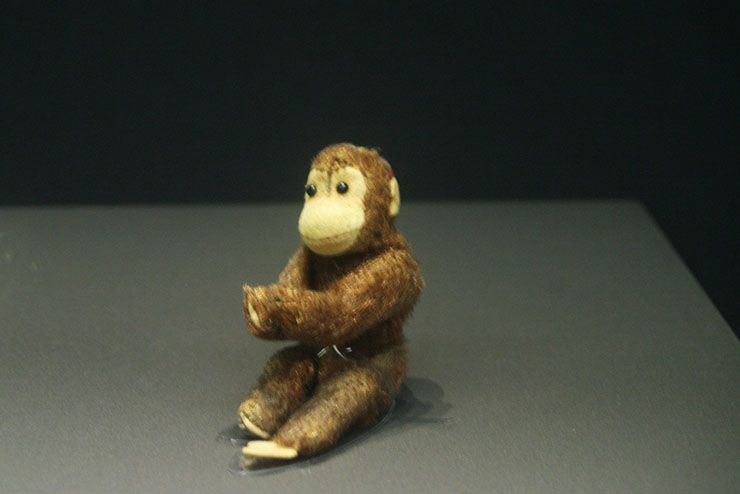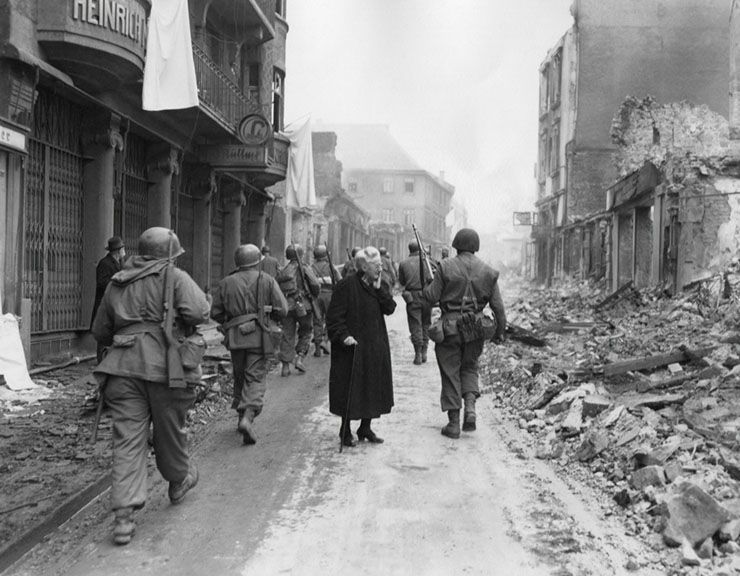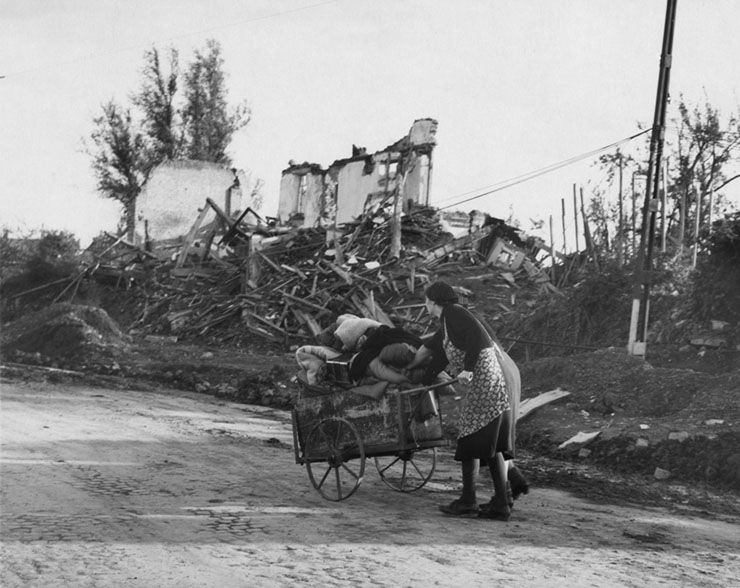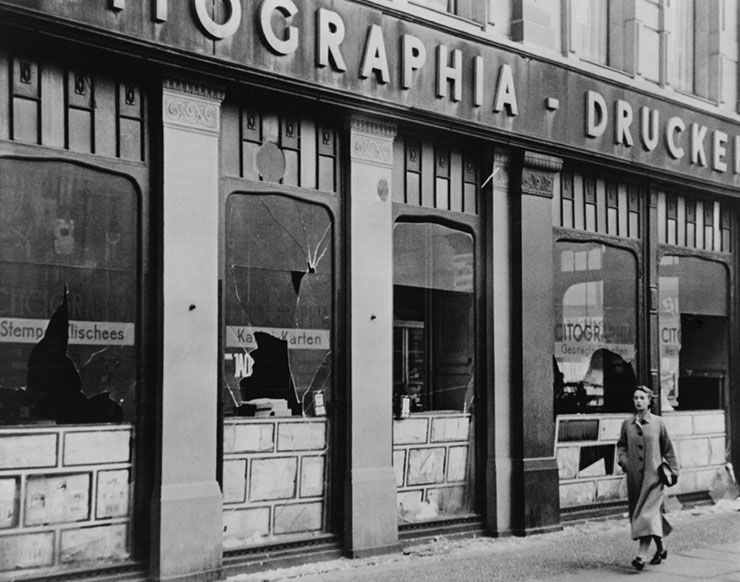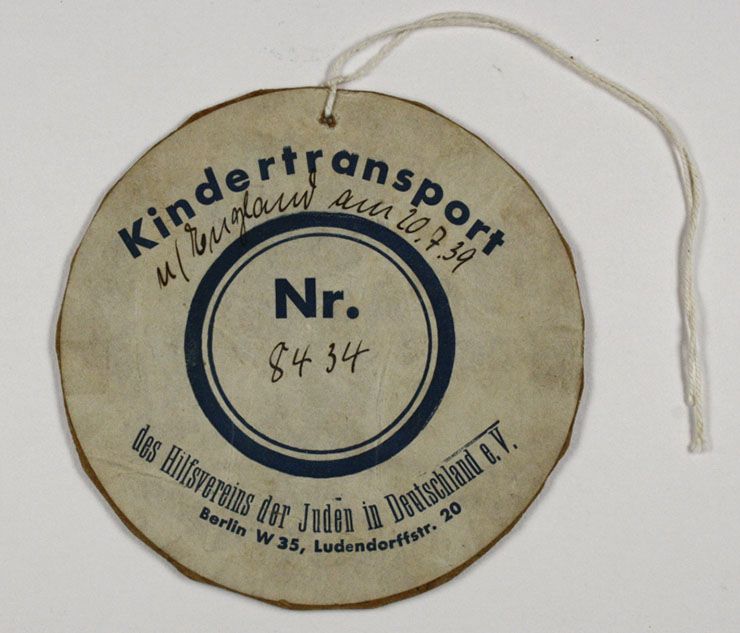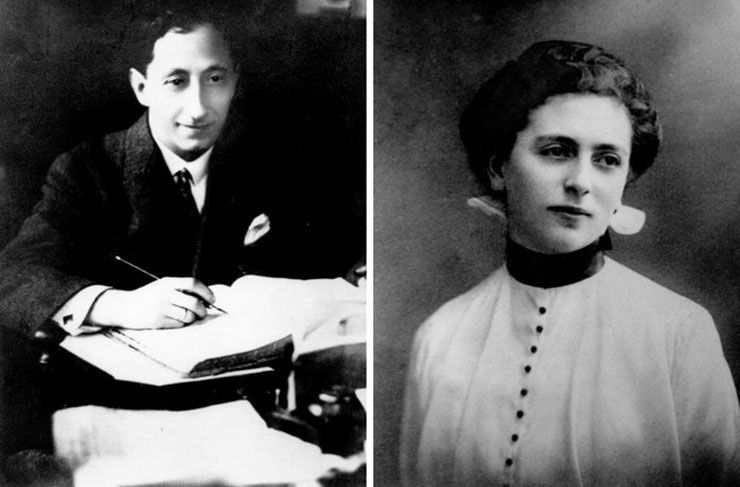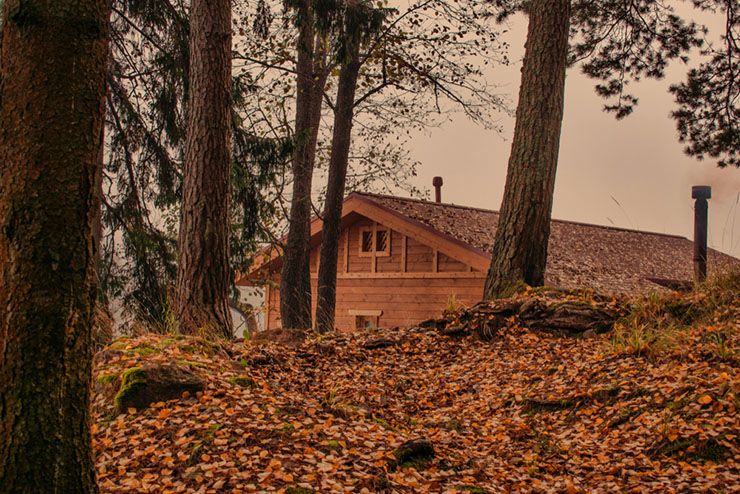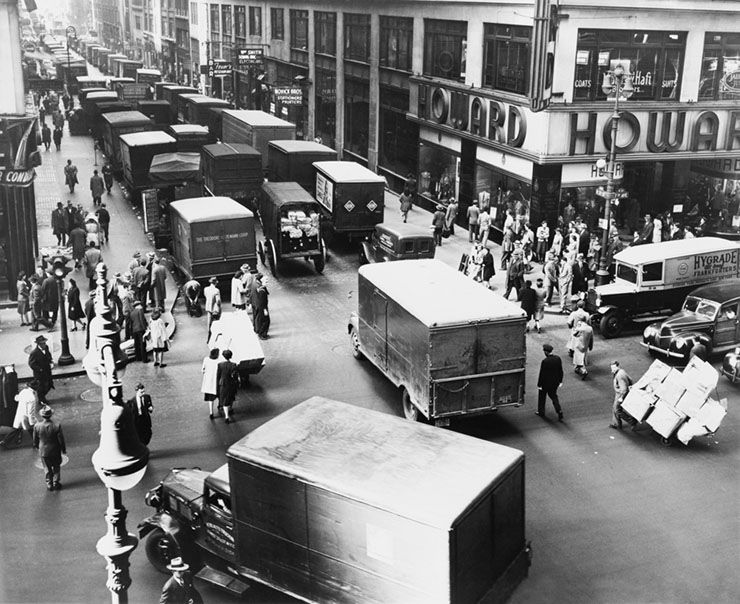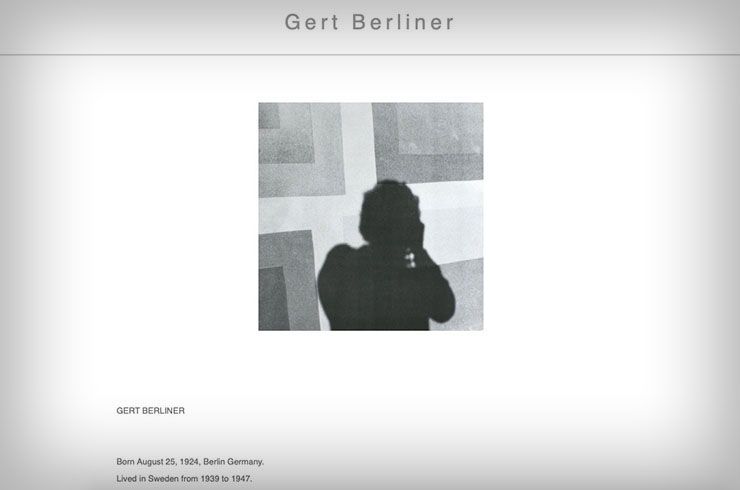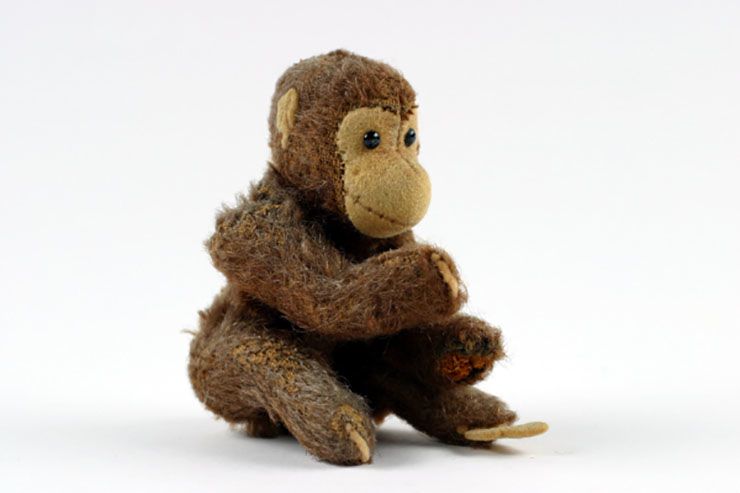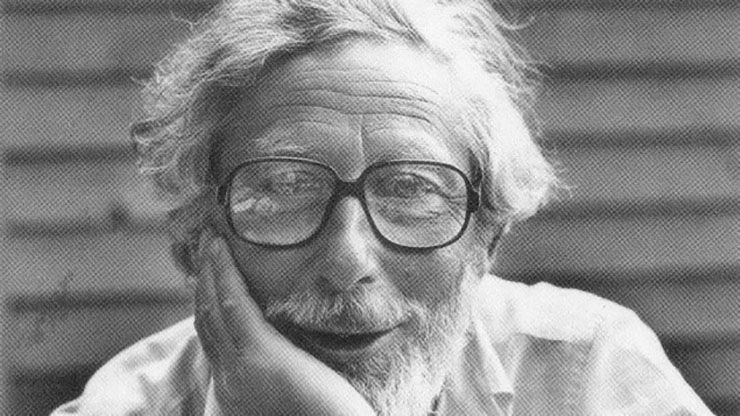When we’re growing up, most of us have a toy or stuffed animal that’s special to us. It holds such a place in our hearts even when we’ve grown out of other similar things.
But because of the extraordinary circumstances of his childhood, one special toy meant a lot more for one child. And later in life, it would lead to an entirely unexpected turn of events.
Important Time
Gert was a little boy who came into the world at a pivotal time in history, the 1920s. Of course, he had no concept of that as he spent his time in the pursuits of little boys. He loved nothing more than to play with his friends and ride his bicycle throughout his city.
A Boy’s Toy
And as he rode his bike, Gert always had his tiny toy monkey clipped to the handlebars. “I liked him,” the now 94-year-old man said. “He was like a good luck piece.” He couldn’t have known it then, but a time was coming when he would need all the luck in the world.
Horrific Time
That’s because he happened to live in a time and place where the accidental facts of his birth put his very life at risk. Gert was Jewish and lived in Berlin, Germany. He was coming of age in the 1930s during the preamble of World War II.
Atmosphere Of Doom
At that time, Gert and his family were labeled “the enemy” through no fault of their own. They were living underneath a miasma of silence, hatred and oppression, a simmering darkness that came to a boil in November of 1938.
Broken Glass
That was when Kristallnacht happened, also known as the “Night of the Broken Glass.” Throughout Germany, civilians and paramilitary forces smashed and burned thousands of Jewish homes, schools, and shops. Hundreds of Jewish people were killed and thousands of Jewish men were rounded up and taken away.
Escape
“I do remember,” Gert said. “I went out on the street … a lot of glass; you heard fire sirens; synagogues were set on fire.” What had been a vague fear of harm coming to him and his family was now a very potent reality. Unfortunately, many of the escape routes available to Jewish people trying to escape Germany vanished that night.
Getting Out
But there was one way out that was still available for Gert. Kindertransport was a sort of Underground Railroad formed by Jewish and Quaker organizations whose aim was to rescue as many Jewish children as possible. Thousands of children were sent by train – without their parents – to other countries to live with family there or simply be placed with foster families.
Last Goodbye
In 1939, at the age of 14, Gert Berliner said goodbye to his parents Paul and Sophie before boarding a train out of Berlin. He had a small bag stuffed with what few possessions he could bring. Stashed away among them was his good luck charm, the 4-inch toy monkey of his youth.
Fresh Air
Gert eventually reached the safety of Sweden, where he was taken in by a generous and kind family. The first thing that stood out to him about Sweden compared to Berlin was the air. “Suddenly you could breathe,” he said. Without the ever-present threat of violence and death, “it was like the air was different.”
Losing Contact
Gert was able to communicate with his parents by mail but eventually, the letters just stopped coming. Paul and Sophie had been captured and sent to Auschwitz in May of 1943. They would never leave.
Link To The Past
After the war, the then 22-years-old Gert decided to leave Sweden for New York. He was an orphan and a refugee, striking off completely on his own in a brand new country. The only connection he brought along with him to his past was his constant companion through life, the toy monkey that had been with him since the much rosier days of his early childhood.
New Life
In America, Gert began a career as a photographer and artist, living mostly in New York for the rest of his life. He got married and had a son who in turn had a son of his own. For a long time, he thought that those three generations of men were the last three members of the Berliner line.
A Keepsake?
Then in 2003, an archivist from the Jewish Museum Berlin named Aubrey Pomerance came to visit Gert in his Manhattan apartment to ask him a favor. He wanted to know if there was something from when he was a little boy growing up in Germany that he would be willing to give to the museum. Gert’s first thought was of his toy monkey.
Difficult Decision
The monkey had been with him throughout the years, usually kept in some out of the way drawer or another. Still, it was Gert’s only link to that time in his life and his most intimate possession. He was torn over whether he should give it up. In the end, he decided it would do more good back out in the world as a symbol that would help others understand the realities of the terrible past he was a part of.
Seen By Millions
The monkey went back with Aubrey to Berlin and became a part of various exhibits at the museum over the years, seen by millions who were consequently exposed to Gert’s life story. One of those people was a Swedish woman named Erika Petters, who in 2015, saw the monkey in one of several little wooden boxes with children’s toys inside and the stories of their lives in the shadow of WWII.
A Coincidence?
“There was this toy monkey and a picture of a small kid, a Jewish kid named Gert Berliner and I thought, that’s a coincidence,” she said. “My mom’s name is Berliner.” When she told the story to her mother Agneta, she couldn’t get it out of her mind. Through an online search, she found Gert Berliner’s photography website and decided to contact him.
Overwhelming Curiosity
“I was hesitating a bit because I thought maybe this is just a stranger,” Agneta said. “But then I was so curious. I sent an email and said, ‘Could it be that we are relatives?’” That email led to a phone call. “Suddenly because of the monkey, I have a phone call, somebody in Sweden of all places, saying, well I think you’re my cousin.”
Long Lost Cousins
Agneta, her sister Suzanne, and Suzanne’s son Daniel arranged to meet with Gert when he was in Berlin at an opening exhibit for his photography. Once they met, they worked out their connection. It turned out that Gert’s father Paul had a brother named Carl. Carl had two sons who he’d also sent to Sweden for safety.
“New” Family
Roughly 80 years after he saw his parents for the last time, Gert suddenly had a larger extended family, all thanks to the tattered toy monkey that helped him deal with the emotional hardships of his life.
A Gift
It had come as a welcome surprise toward the end of a long life. “You get old,” said the 94-year-old. “I walk around with a cane, shaky. You have time. You sit in a chair, an easy chair and start thinking about your past, what happened.” Having living links to that time was something beyond special. “It’s a gift,” he said. “In my old age, I have discovered I have a family.”
